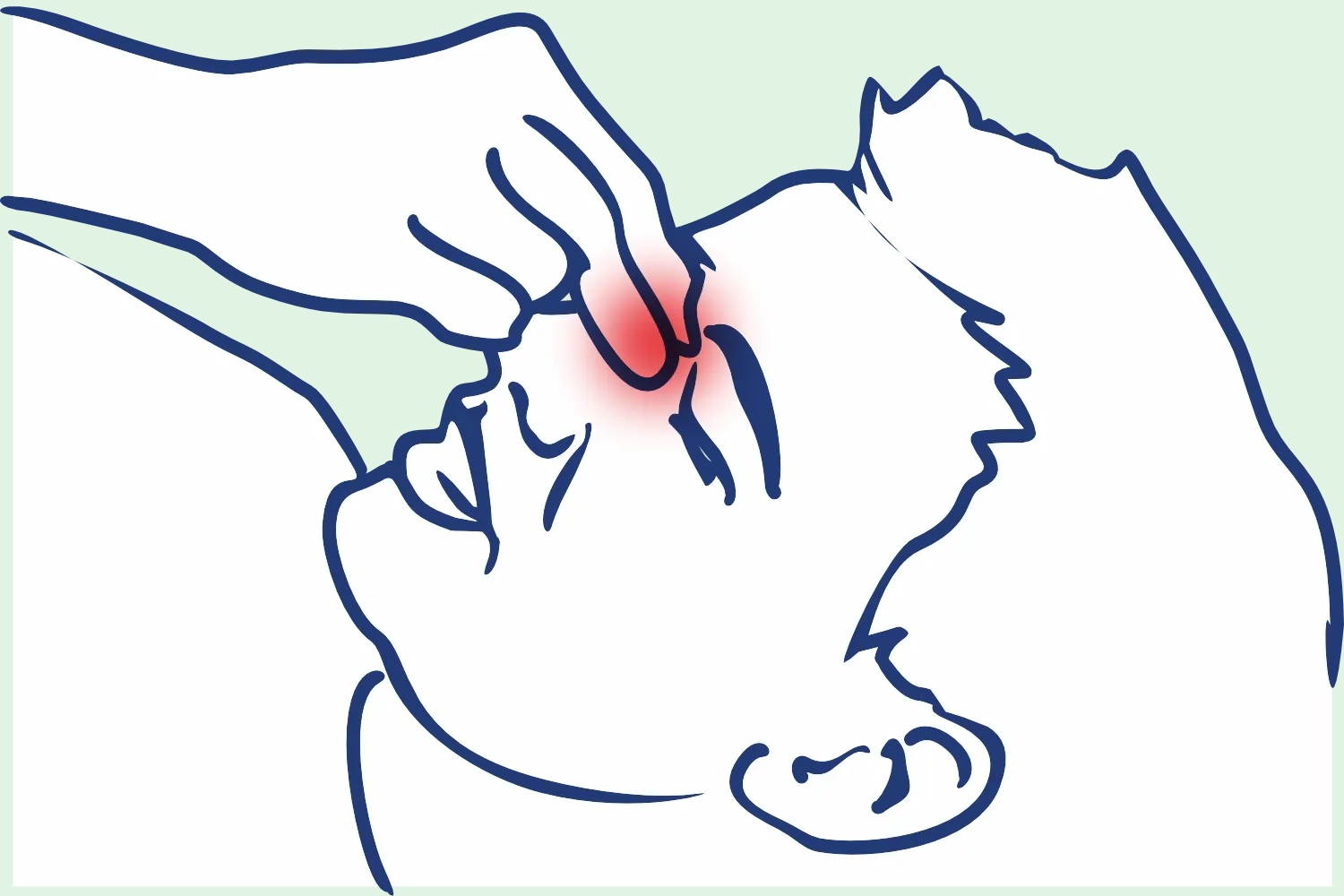To provide services at the highest level, we use cookies. Using the website requires you to choose settings related to their storage on your device. If you want to know what each type of cookie is used for, click the Details button below.
Stuffy nose after lying down – causes and solutions 5 października 2024 |

When you lie down, the distribution of blood flow in your body changes. This can cause congestion of the nasal mucous membranes. In the lying position, the sinuses may not drain mucus as efficiently as when standing or sitting, leading to a feeling of a stuffy nose.
The nose can become stuffy at night for several reasons. The most common ones include air that's too dry, allergies, or respiratory infections. It could also be a reaction to a change in body position, sometimes related to reflux. During sleep, the immune system's activity decreases, which can lead to increased swelling of the nasal mucous membranes.
If only one nostril is blocked, changing your body position can help. Try lying on the opposite side, which may help the mucus drain better. You may also want to consider humidifying the air in your bedroom, using a saline nasal rinse, or trying steam inhalation.
When dealing with a stuffy nose, it?s best to sleep with your head elevated. Although this is not ideal for your spine and can block airways, it sometimes allows for better airflow by reducing the swelling of the nasal membranes.
To reduce nasal swelling, it's best to lie on your side, but not on the side where the nose is blocked. It's also important to avoid lying flat on your back, as this can worsen the congestion. Breathing techniques, steam, or humidifying the air in the bedroom can also be helpful.
| Thank you for adding a comment! |